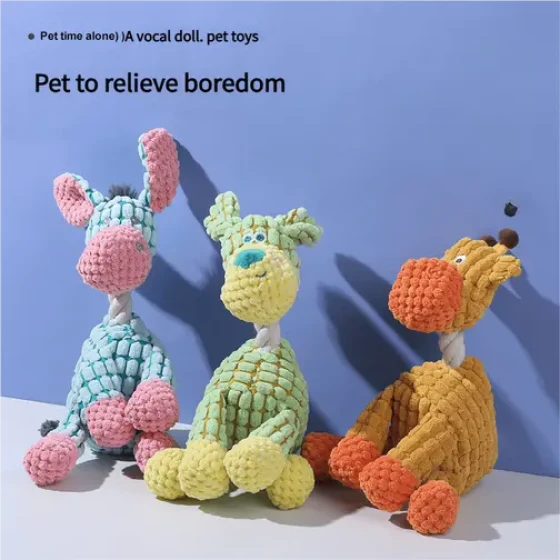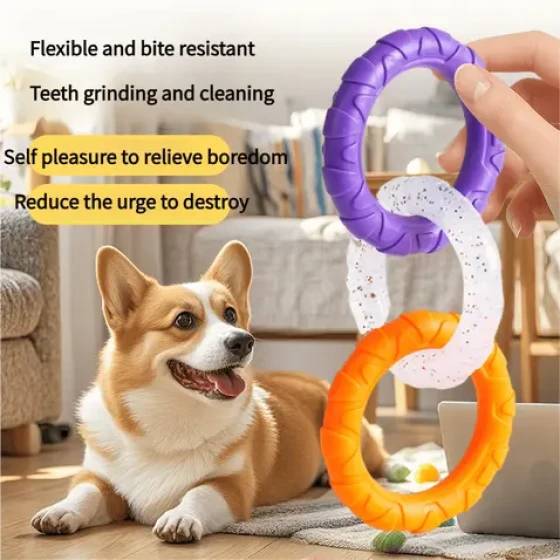How to Solve the Dietary Problems of Teddy Dogs

Dogs unwilling to eat dog food may be because the dog food does not suit their taste
Many people think that dogs accept all kinds of food, and in fact they rarely refuse food given by others. However, because of this, dogs’ tastes may become increasingly picky. Their demands for food grow higher, leading to fussy and selective eating habits. But the more the owners try to find food their dogs like, the more it results in a vicious cycle.
1. Unwilling to Change Food
Feeding the dog one type of dog food for a long time may become monotonous, so after extended feeding, you can change to another dog food. However, some dogs may refuse to change food. The reasons vary; some because the new dog food does not match the dog’s taste, others because they have not yet fully adapted.
Changing a dog’s food should not be done all at once but gradually, giving the dog time to adapt. Suddenly replacing all the dog food may cause intestinal discomfort, diarrhea, and vomiting. If the dog refuses to eat the new dog food, you can try sprinkling some minced meat or glucose powder on it to improve the flavor.
2. Too Picky
Picky eating is another common dietary problem in dogs. First, we need to rule out that the dog’s refusal to eat is caused by illness. If the dog consistently refuses dog food, the owner should not keep trying to feed other foods, as this will make the dog even less willing to eat dog food. You can initially let them go hungry for a while; when they get hungry, they will naturally eat. Or add some seasonings to the dog food to improve its taste, then gradually remove the auxiliary foods. Owners must be firm with very picky dogs for the dog’s benefit. Prepare the dog food and leave it there; if the dog does not eat within half an hour, take it away and bring it out again at the next mealtime.

Control the dog’s diet properly, avoid overeating
3. Do Not Feed Small Bones
Some owners throw leftover bones from their meals to the dog, and the dog chews happily. Owners see this and naturally think the dog likes bones. Bones that take two or three days to digest only cause dietary disruptions in the following days. Chicken bones are definitely not to be fed because they are sharp and thin, and can easily injure the dog’s intestines or get stuck in the throat.
Healthy diets do not require giving dogs bones. Besides disrupting their eating routine, bones provide little nutrition, and most nutrients from boiled bones are in the broth. So it is okay to feed dogs some bone broth but serve it separately and preferably with little salt. Of course, if the dog likes to chew bones, you can give it larger pork bones. This allows the dog to grind their teeth without the risk of choking and other hazards.
4. Eating Too Much
Most dogs are somewhat "greedy," so they rarely refuse food when given. Therefore, it is not recommended to leave a large amount of dog food beside the dog for self-feeding whenever hungry. This can easily cause overeating and indigestion. Hence, it is better to feed dogs small amounts multiple times a day.



